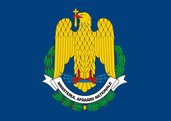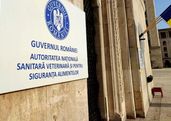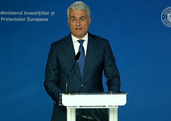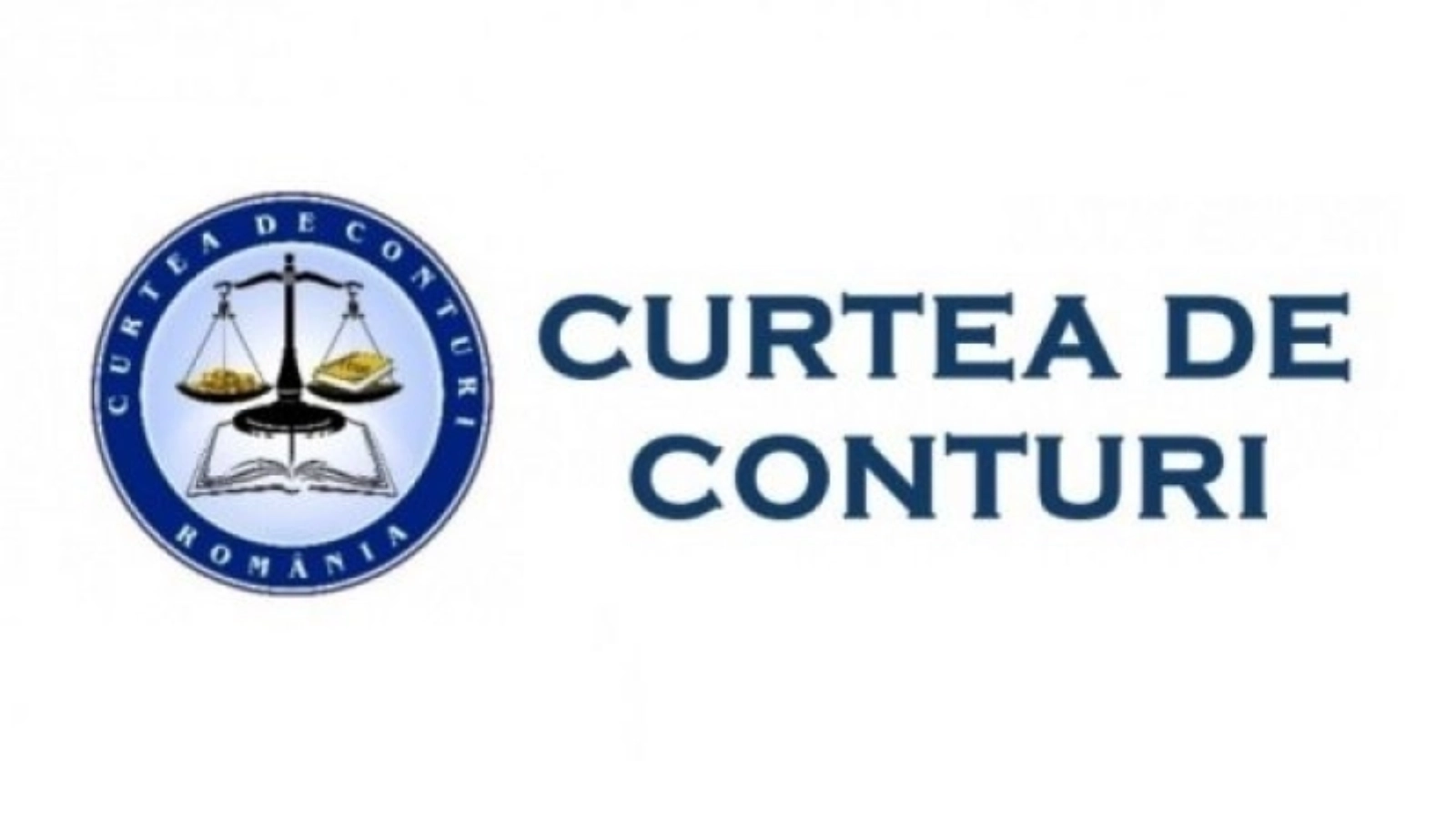The Court of Auditors submitted to Parliament a special report on the management of public resources during the COVID-19 lockdown that finds that, in most cases, the use and management of public resources and funds to prevent and combat the COVID-19 pandemic was in accordance with the purpose, objectives and powers provided for in the existing legislation, but there were some "systemic deficiencies and slippages."
"This report is designed to present to Parliament, citizens and other entities interested in how to manage public resources during a lockdown, the findings of the Court of Auditors, as well as the conclusions and proposals derived therefrom, in accordance with the mandate received under Romanian Parliament Decision 4 /16.04.2020 issued to extend the lockdown to entire Romania," reads the report called "Management of public resources under the lockdown."
According to the report, the Court of Auditors has concluded after auditing public procurement that the necessary stockpiles of medical products were not replenished fully or within required deadlines, as a result of accepting the "force majeure" clause which effect was extending the delivery deadlines and the fact that the actual delivery of the contracted products was made, in some cases, towards the end of the lockdown.
The reports also says that in enforcing the provisions of the public procurement law, the National Office for Centralised Procurement (ONAC) did not implement a unitary treatment of all business operators that participated in the procedures for awarding framework agreements under the lockdown, which led to the violation, in all cases, of the principles of equal treatment and non-discrimination. The consequences of such way of working were felt in the subsequent development of the subsequent contracts, at the level of the General Emergency Management Inspectorate (IGSU), when there were delays in the delivery of the quantities committee by suppliers (masks, overalls), by citing the force majeure clause, or products not delivered by the deadline (fans, isolation stretchers), without establishing and collecting penalties for delay.
The court's audit also targeted the state-run UNIFARM SA pharmaceutical supplies distributor finding "a series of errors, irregularities and management deficiencies that resulted in the partial accomplishment of its duties, as it did not adequately and urgently provide the healthcare system with specific products to fight against the pandemic."
"In conclusion, it was found that, purchasing from intermediaries and not from domestic producers or external producers/suppliers, the healthcare equipment/materials were contracted by CN UNIFARM SA at overestimated prices, without all the necessary approvals, which determined the company to make unjustified payments amounting to 175,274,000 lei."
The court says that considering the context in which the operations took place, there were no serious errors in the healthcare area, except for the defective procurement practiced by CN UNIFARM SA, the non-existence of medical stockpiles that led to purchases at uncompetitive prices, and the legislative process specific to the state of emergency that had some gaps that were filled "on the fly."
Among the general conclusions of the report is the one according to which "the Romanian Government acted quickly and took timely measures to contain the coronavirus, so that the declaration of a state of emergency made the number of cases in Romania under the lockdown to be rather low when compared with other European countries (Italy, Spain, the UK), and the health system to cope with the diseases."
The Court of Auditors has made a series of proposals and recommendations, including the development of a national action plan that clearly and explicitly regulates the activities and procedural steps to be followed in the event of emergencies; the establishment of action and funding procedures in emergency situations; shortening intervention times; identifying and establishing mechanisms to motivate the staff directly involved in securing fundamental activities during the state of emergency/alert; strengthening the internal management audit system.
Court report finds no serious healthcare errors, just defective public procurement
Articole Similare

14
"Martisoare of Romanian Aviation during the Royal Period", temporary exhibition at Folk Art Museum in Constanta
14

18
MApN: Russian attacks on Ukrainian Danube ports; drone entered national airspace near Sfantu Gheorghe
18

13
Bucharest stocks close in the red on Wednesday
13

10
HealthMin Rogobete:We approved certification of seven new centers of expertise in rare diseases
10

13
Interviews for top prosecutor posts/Miron: Total offensive on drugs; Constanta Port is main gateway
13

12
Romanian Hotel Industry Federation launches project to enhance skills of hotel industry professionals
12

7
Exhibition 'Princely and Royal Thrones' to open on Thursday at National Museum of Romanian History
7

10
FEATURE/Sibiu: 209 years of South-East Europe's oldest museum - the hidden stories of Brukenthal
10

13
PSD's Fifor: PM Bolojan has once again sidelined Parliament
13

18
Veterinary watchdog: No farms impacted by African swine fever; 24 outbreaks in backyard holdings and wild boars
18

11
Rehabilitation of Covasna County's Miko Castle due in August, equestrian museum planned inside
11

15
MIPE:Call for over 15 million euros for development of mental health centers for addiction treatment
15

20
IntMin Predoiu, Australian DFAT official discuss cooperation on combating organised crime
20



















Comentează